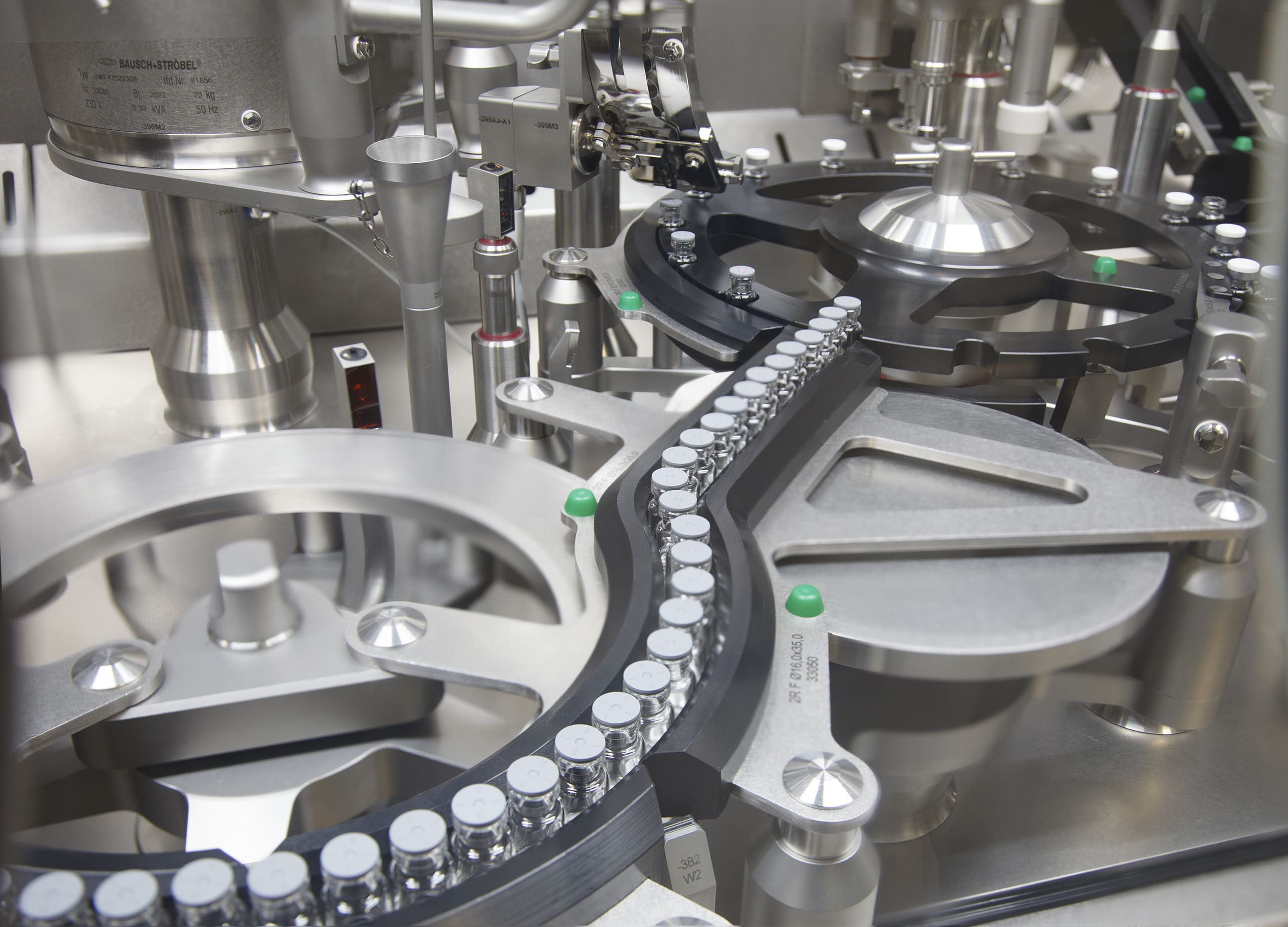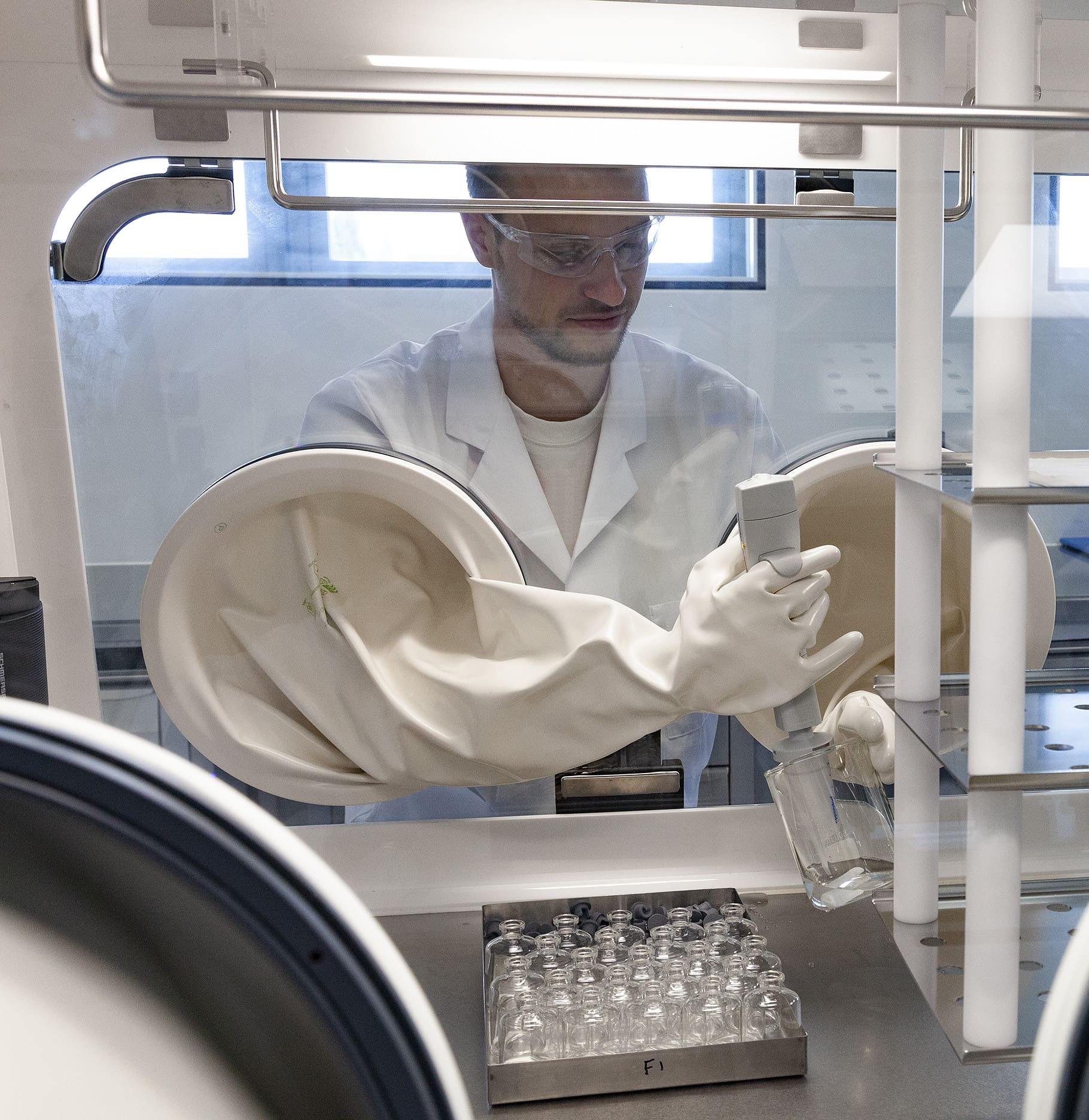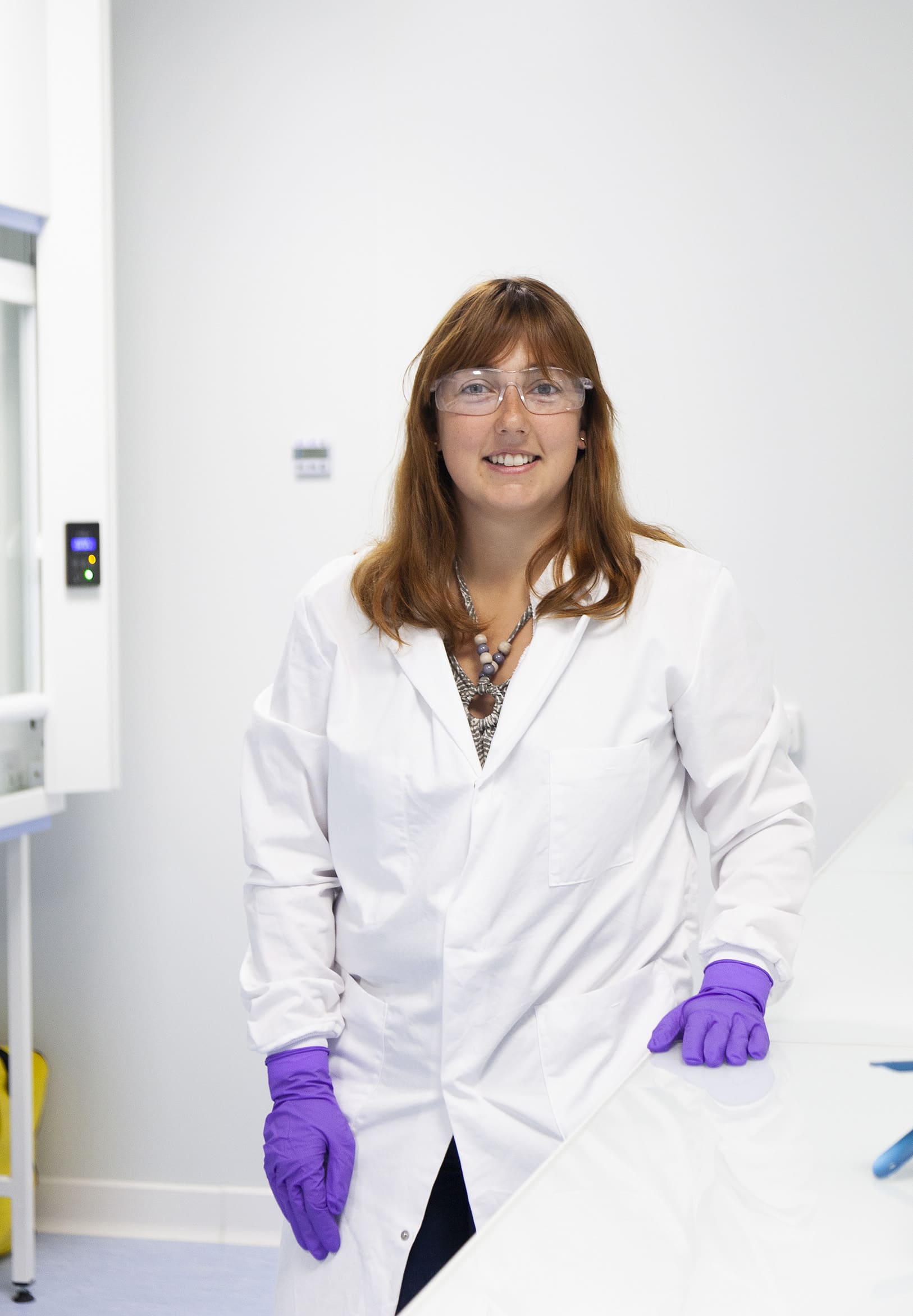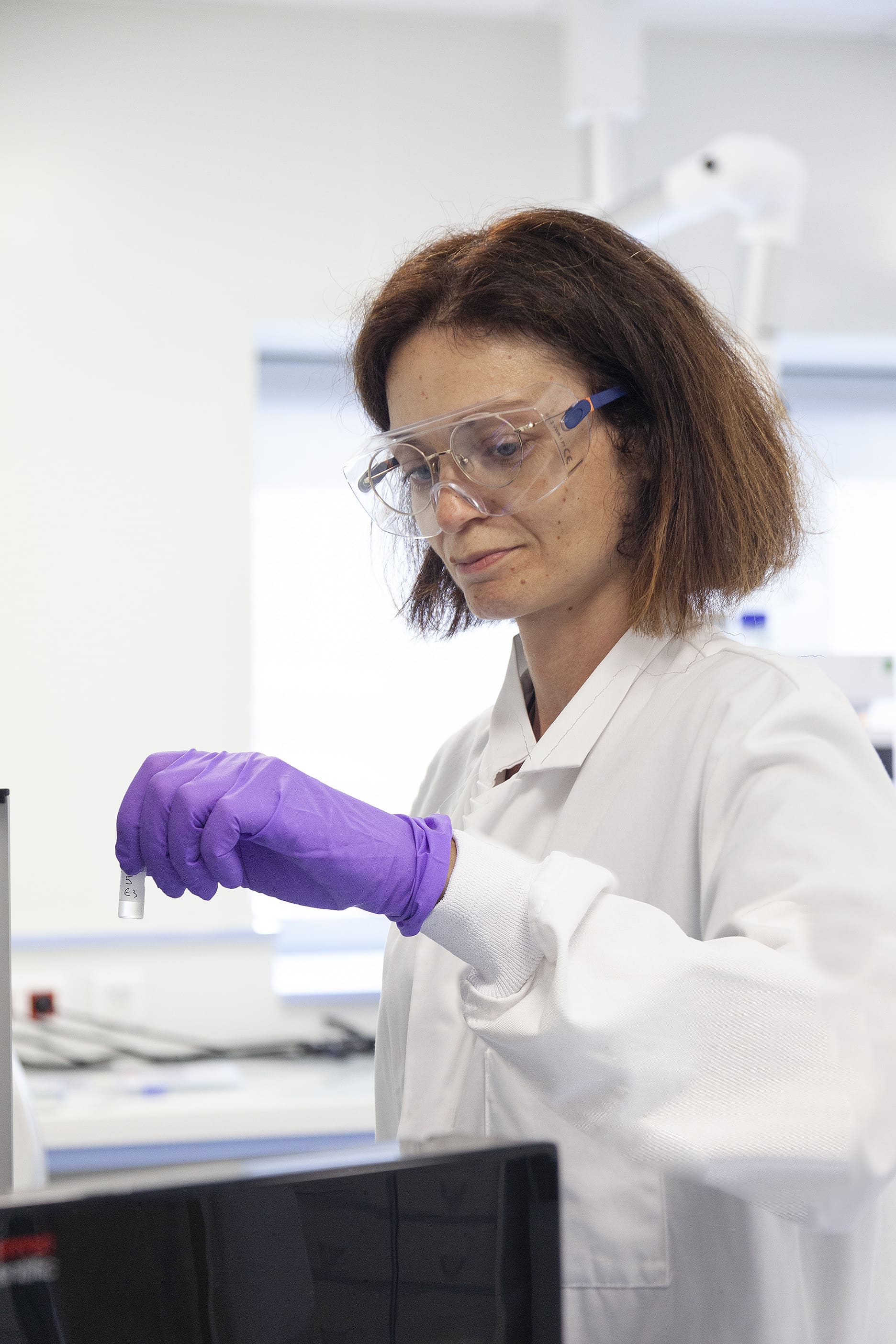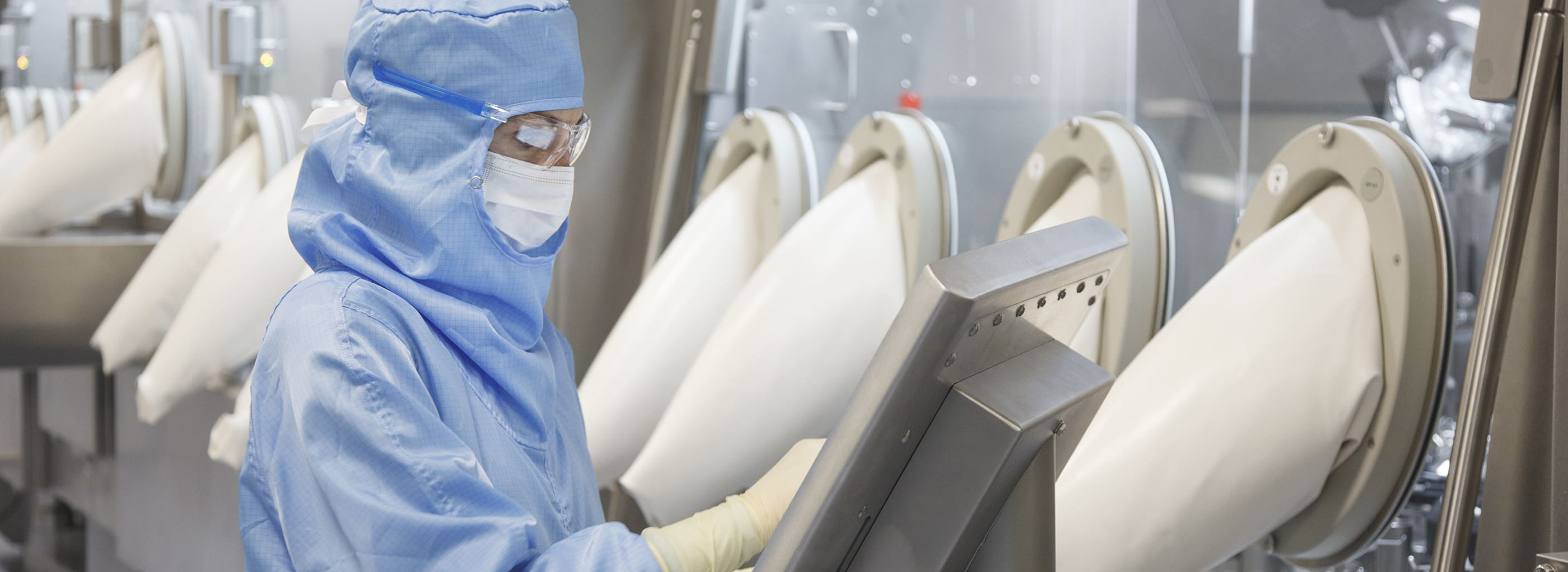
5 things to consider when choosing your drug product CDMO
1. CULTURE
You wouldn’t choose a minder for your child without taking in to account if the person you are trusting is someone who’s morals and outlook on life align with yours, as well as checking what the day to day feel of the ‘day care’ looked like?
So make those same checks with your CDMO:
- Are they a good size fit with your company and your team? There is no ‘one size fits all’ approach when it comes to this decision. You’ll want to make sure that you and your business will make a difference to the CDMO, the same way that the drug product CDMO will make a difference to yours.
- Aim for Win / Win. Will there be an opportunity to achieve this utopian state where each of the parties involved gain from the collaboration and not just transactionally or financially?
- Culture. There are telling signs that can appear early in discussions that will give a clue as to what the culture is like at the CDMO. Are the CDMO team collaborative, positive and forthcoming with information? Do they want to make a difference? Are they empowered and do they feel like they have a voice? Do they want a strategic relationship and not just a signed proposal? The importance of a strong culture that aligns with your business is imperative because if things go wrong, it is culture and relationships that will enable a solid plan to pave the way forwards to success.
- Relationship. What is the approach of the CDMO to this? We know that long-term, strategic and tactical is best, but what are they like as people? Do they want to help you? Do they pick up on the small things (that can make the biggest difference)? Are they genuinely interested in helping you and are your two companies aligned? Early indicators of this can be as simple as how they approach your due diligence visit to site. Do they make suggestions and help your travel plans? Are they open with the agenda and willing to make accommodations and changes? A good partner would be keen to make things as easy as possible as early as possible.
Article Author:
